

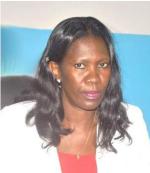
Theme
3JJ Staff development
INSTITUTION
University Onze de Novembro - Faculty Medicine - Cabinda - Angola
University Onze de Novembro - Instituto Politécnico - Cabinda - Angola
Faculty Medicine University Porto, Department Medical Education and Simulation - Porto - Portugal

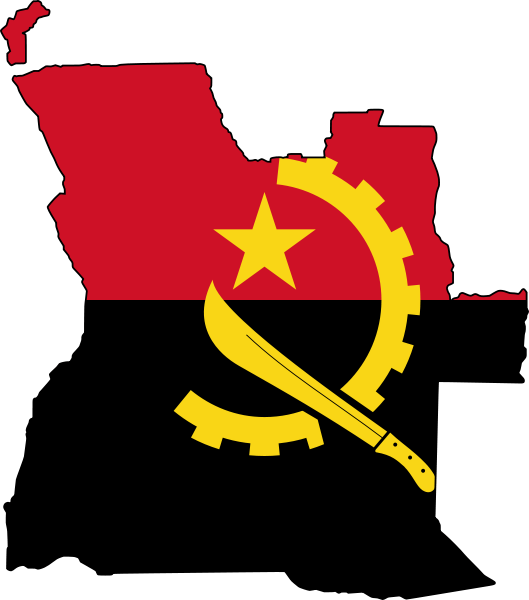
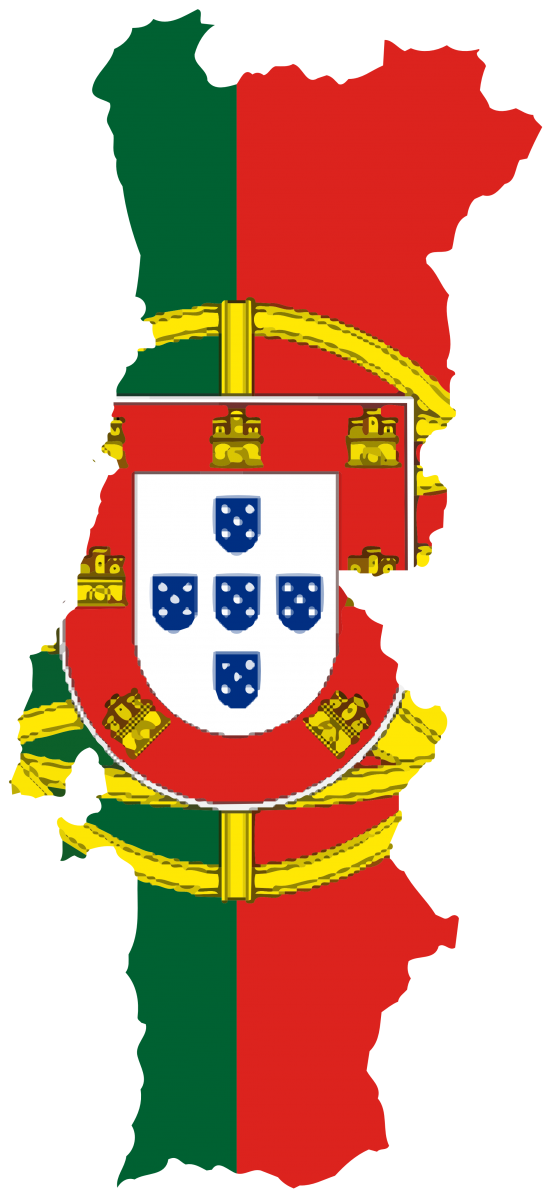
Health education in Sub-Saharan African countries has evolved with the development of new courses, driven by policies and awareness for alignment with community and health system necessities. Improving the quality of educational programs is urgently needed. This has been identified by the University “Onze de Novembro” in Cabinda (Angola).
Recent debates about the role of Health professions in Society, have shown the complexities, pressures and constraints with which the professionals face up to.
The requirements for renewal of health professionals competences, presuppose that they assume themselves not only as scientifically and technically competent experts in their specific areas, but also demonstrate personal, communication and organizational skills when dealing with patients, with peers and society. It is increasingly important that health professionals know how to identify their own training needs and develop the ability of long-life learning.
The pedagogical training of teachers ("staff development"), is now assumed to be necessary to allow development of essential skills that teachers must meet in their role as educators.
The course PEDAGOGICAL DEVELOPMENT FOR HEALTH PROFESSIONALS is a POSGRADUATE EDUCATION COURSE. It presented its 1st edition in academic year 2013/2014, taking pace at the Faculty of Medicine at University of Porto from 18 to 25 November 2013.
It is a course accredited by FMUP and the Rectory of the University of Porto, credited with 5 ECTS.
Imparts a postgraduate continuous training certificate.
A course in “Pedagogical Development for Health Professionals”, was organized to allow knowledge acquisition related to teaching and learning issues and also to discuss current procedures and methods. Figure 1, shows the course objectives and program.
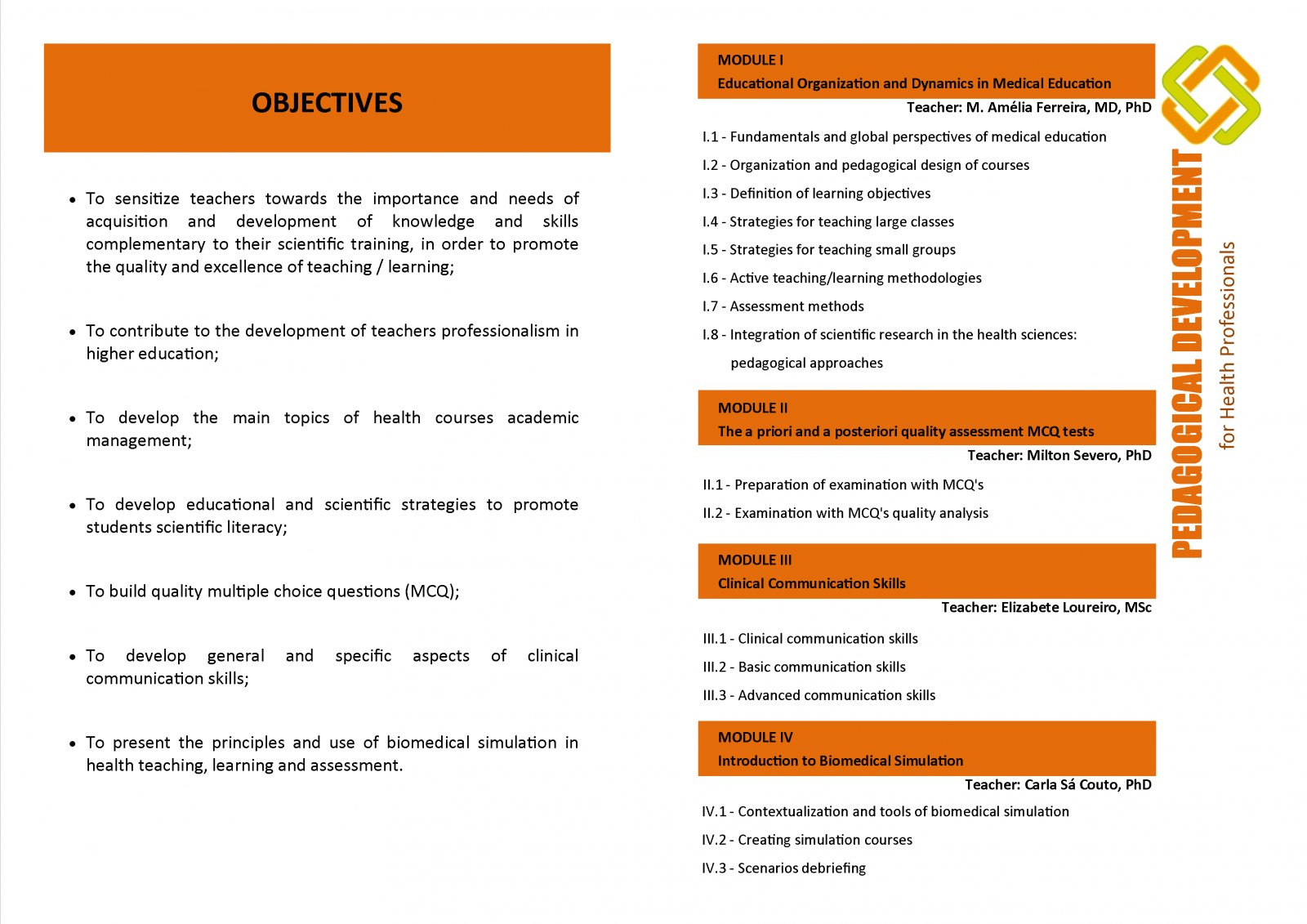 |
Figure 1. Course Objectives and Program
The course has been delivered to 19 staff members of the Faculty of Medicine and Health Sciences Institute of the University “Onze de Novembro” (Table 1).
Table 1. Participants description
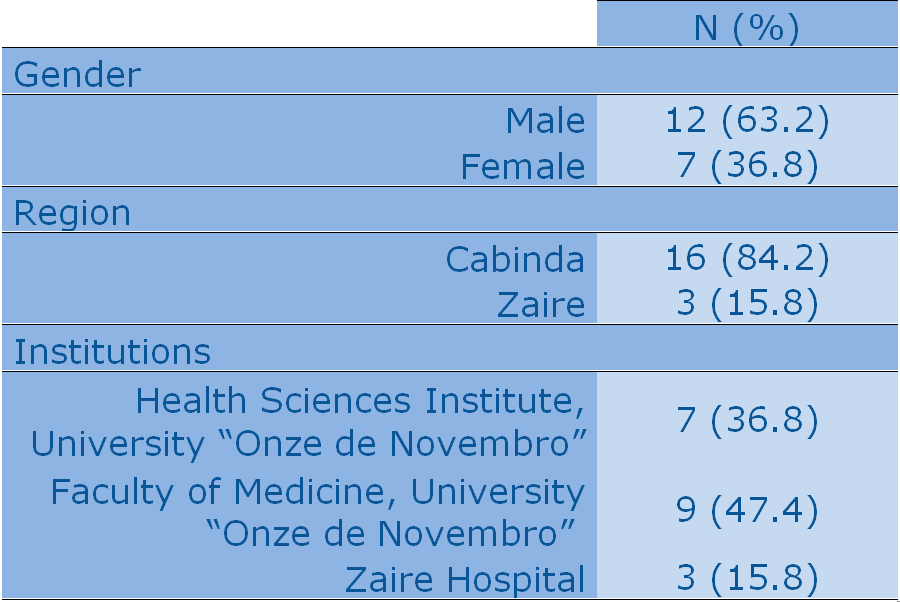
The participants were selected from stakeholders involved in the educational programmes. Twelve sessions were performed - interactive lectures, small-group discussions and exercises, role plays and simulations and experiential learning - a final assessment of participants was made, and a final evaluation of the course was performed.
Assessment of participant satisfaction showed that satisfaction with the course was positive. Satisfaction with the course and with the acquisition of knowledge, methods and quality of teaching staff were highly evaluated (94.7%). The majority of trainees considered that the objectives initially proposed were fully achieved (63.2%) and considered that the educational program completely fulfilled their expectations (84.2%). Most trainees have considered the duration of the course appropriate (57.9%). The evaluation method was considered totally appropriate for 89.5% of trainees (Table 2).
All modules have been evaluated positively. Most of the trainees was very pleased with all modules; in Module III and IV, 94.7% of trainees said to be very satisfied (Figure 2).
The more positive aspects of the course focused competences of the trainers, organization of the course and interactivity; the less positive aspect was the length of the course (considered too short).
Table 2. Training evaluation
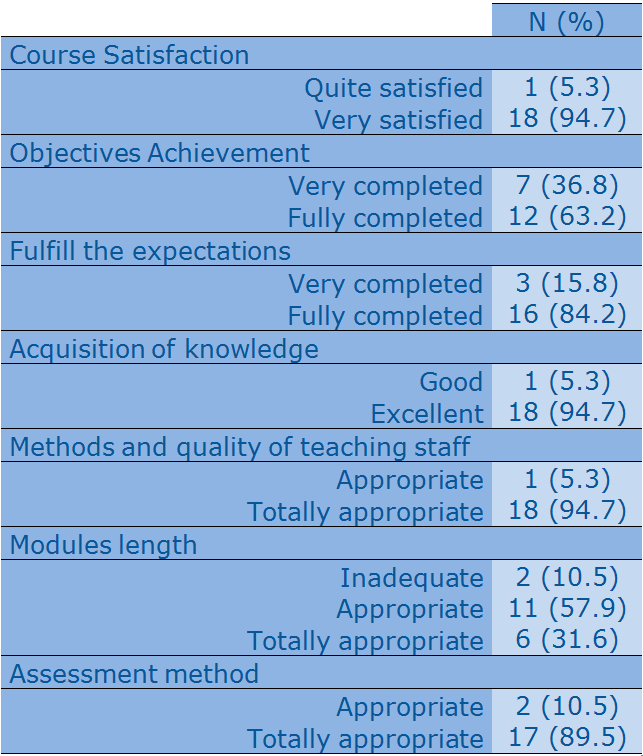
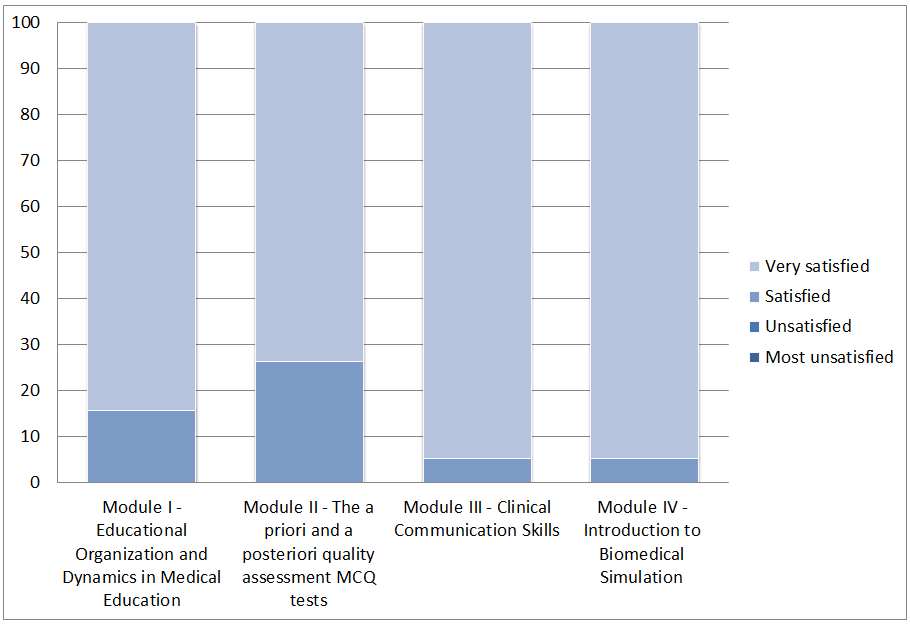
Figure 2. Overall satisfaction level for each module
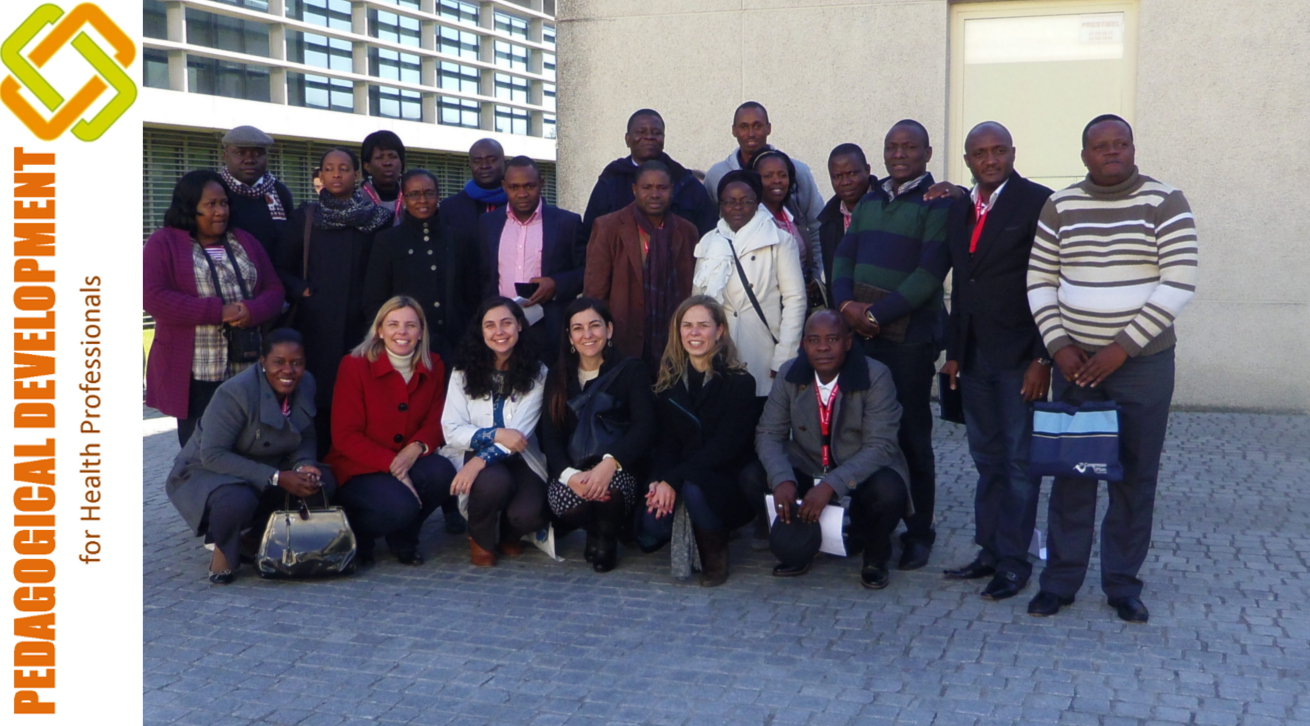
Figure 3. Trainers and trainees of the 1st Course on Pedagogical Development for Health Professionals
Faculty development sits within the framework of organizational change, development and transformation of Higher Education Institutions, and is dependent on high-level institutional support. The staff development course has been rated as relevant and useful emphasizing increased personal interest, enthusiasm and educational leadership.
Faculty development has a critical role to play in promoting quality, identified as a need by this University of a Sub-Saharan African Country, in search of improving quality of health education.

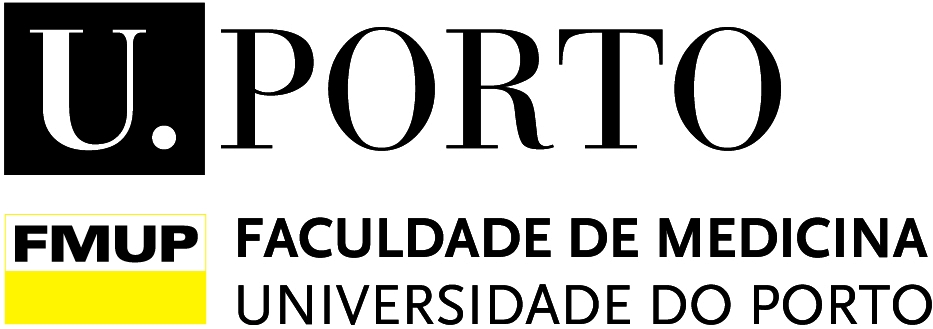
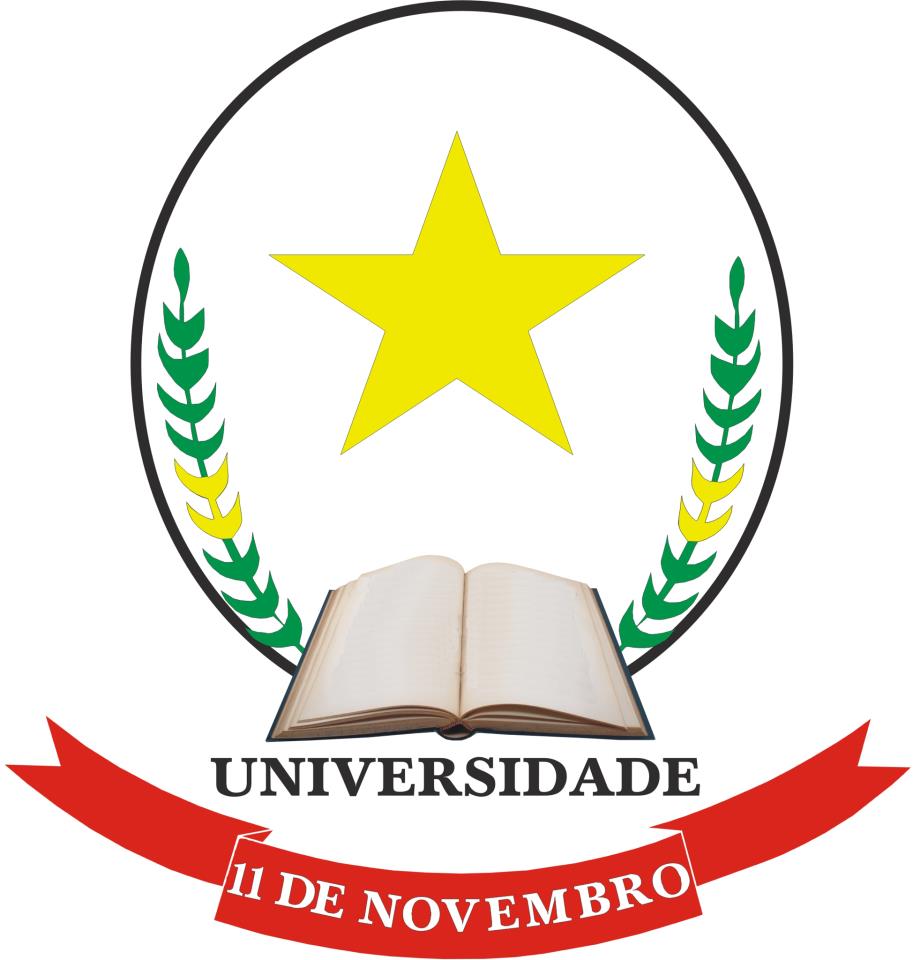
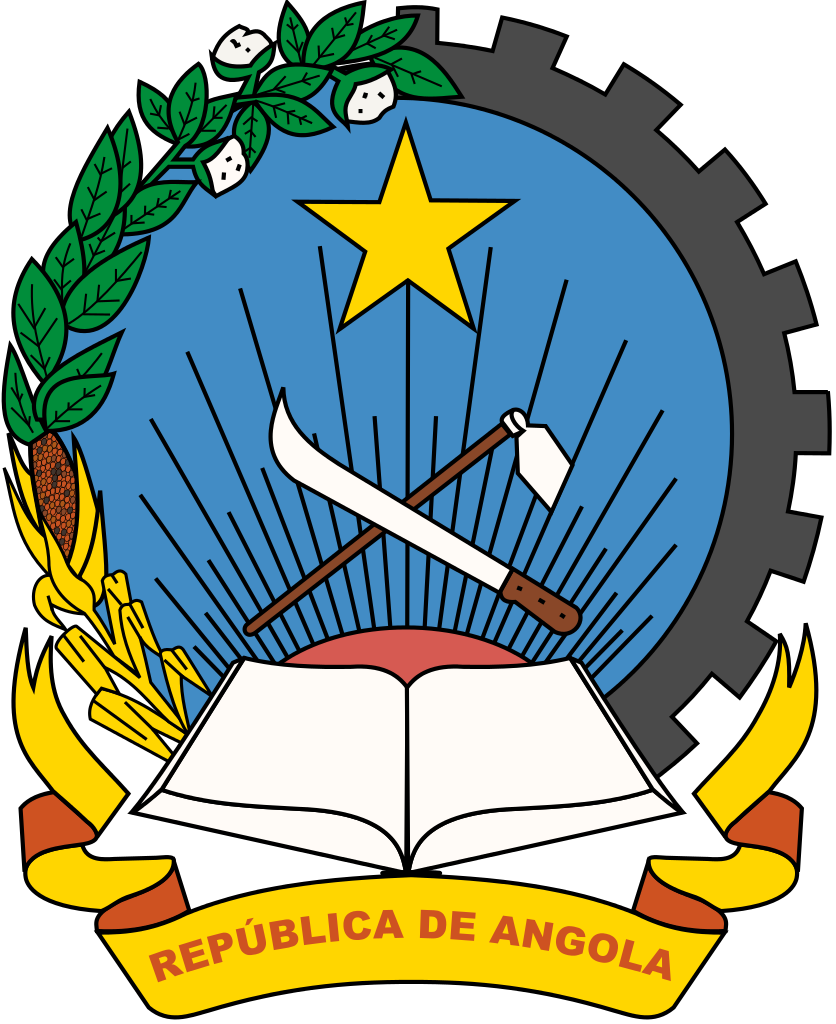
 Send Email
Send Email